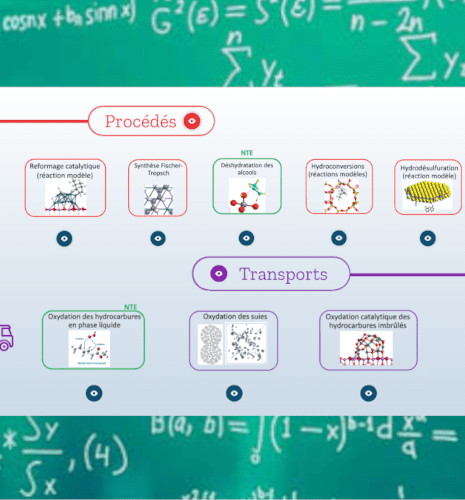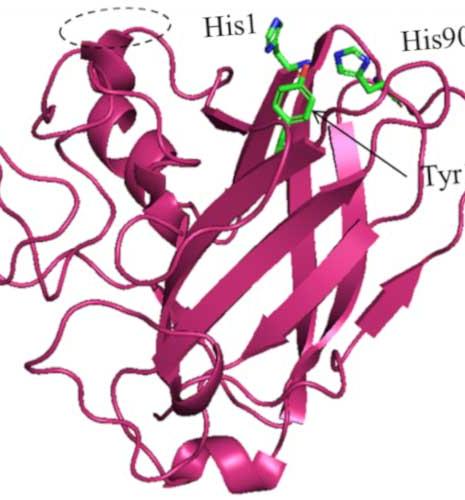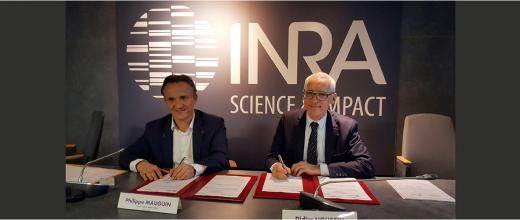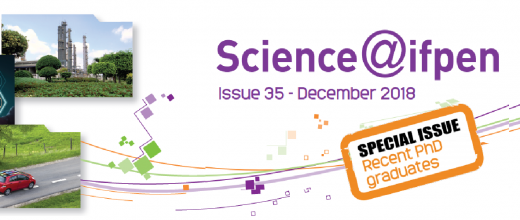Individual page
Frédérique BIDARD-MICHELOT
Research engineer in Biotechnology,
PhD in biochemistry, cellular and molecular biology
PhD in biochemistry, cellular and molecular biology
Frédérique Bidard-Michelot, a doctor in biochemistry, molecular and cellular biology from the University of Montpellier II, has dedicated her career to the study of ascomycete microorganisms (yeasts

News in brief
Improving the understanding of enzyme deactivation during lignocellulosic biomass hydrolysis
Driven by the quest for innovative transport technologies, IFPEN has spent many years developing and helping to market new biofuel production processes (Vegan®, Futurol®, BioTfueL®). Among the various process options studied, the bioethanol production chain based on lignocellulosic resources offers numerous advantages...
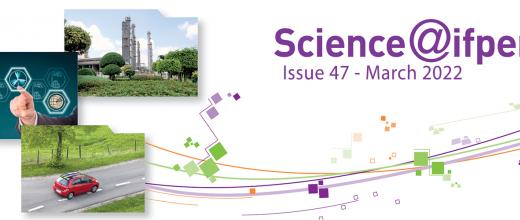
News in brief
The “Omics”, seven hired hands working for biotechnology
Most frequently, the use of a microorganism in the production of biofuels or biosourced chemicals requires its optimisation. This is achieved through genetic engineering, which involves inactivation and/or addition of one or more genes, to improve the ability of this microorganism to produce a target molecule. (...) At IFPEN, access to genomics (DNA) has helped in gathering data on the composition and structure of the genomes of the microorganisms...
Individual page
Simon ARRAGAIN
Research engineer
I carried out my thesis at CEA Grenoble (UMR 5249, UGA / CNRS / CEA), under the supervision of Professor Marc Fontecave and Dr. Hamid Atta, on [FeS] cluster metalloproteins (RimO, MiaB, MtaB) called
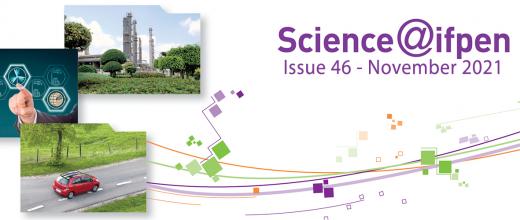
News in brief
Rock-Eval®: supporting soil research for the climate challenge
One way to decrease the amount of atmospheric CO2 is to reduce greenhouse gas emissions of fossil origin, but it is also possible to increase the quantities of carbon stored in the soil. (...) In the current context of climate change, understanding the evolution of carbon in the ground is critically important. It is for this reason that IFPEN wanted to study the potential offered by Rock-Eval®, a flagship of oil research...
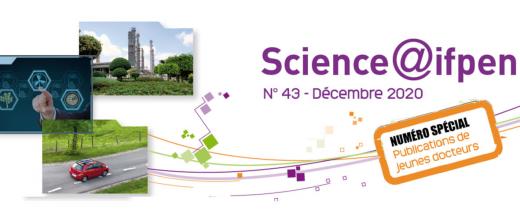
News in brief
Optimization of a microorganism of interest for the bioproduction of isopropanol and n-butanol
A major challenge of the energy transition, the substitution of petrochemical processes by bioprocesses requires the use of catalysts (or microorganisms) to produce molecules for industry...
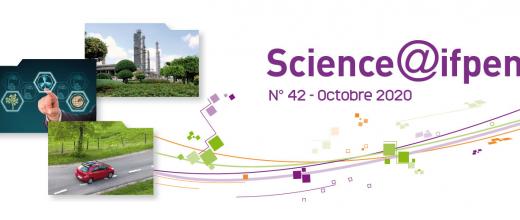
News in brief
Analysis of the inorganic contaminants in bioethanol, from source to end product
The use of renewable carbon-based biofuels is a solution aimed at reducing the climate impact of combustion engine vehicles. However, the diversity of potential biomass sources requires a
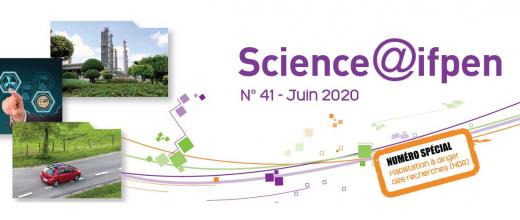
News in brief
Hydrolysis of lignocellulosic biomass: study of enzyme-substrate interactions (HDR 2015)
The scope of my HDR covered ten years of research at IFPEN within the context of the development of Futurol™, a process aimed at producing 2nd-generation bioethanol from lignocellulosic biomass. My
Individual page
Damien HUDEBINE
Research Engineer
Damien Hudebine obtained his degree in Chemical Engineering (ENSIC) in 1999 before completing his PhD in the kinetic modeling group of IFPEN in collaboration with ENS Lyon until 2002. He then joined

News in brief
Extrapolating ethanol-from-biomass production technologies
The industrial production of ethanol from lignocellulosic biomass was demonstrated by the Futurol™ project a. The extrapolation and optimization of the process, along with its flexibility in terms of




